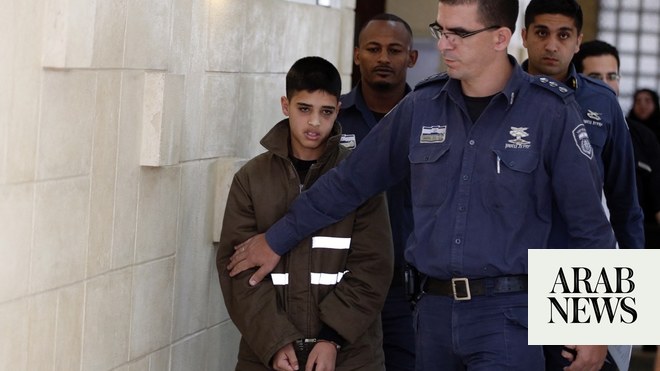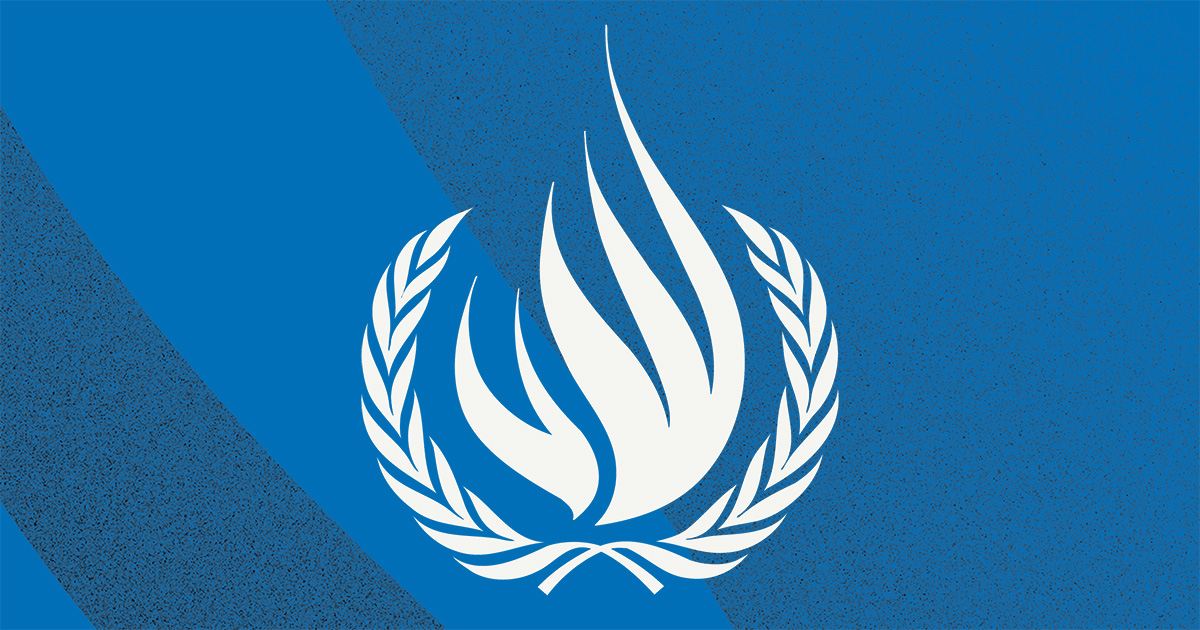
As dawn broke, the life-and-death stakes of the biggest ambulance strike since 1990 became clear. While picketing paramedics from Gateshead to Cardiff welcomed honks of support from passing drivers, one ambulance trust boss asked people to only dial 999 after asking themselves: “Do I feel like I am going to die?”
Prof Sir Stephen Powis, NHS England’s medical director, informed breakfast-time radio listeners on Wednesday how clinicians would need to weigh up whether to send ambulances to people suffering strokes.
Meanwhile, Steve Barclay, the health secretary, claimed: “Ambulance unions have made a conscious choice to inflict harm on patients,” a statement that set the tone for a day of bitter rhetoric between unions and government over pay and staffing.
Union leaders countered that Barclay was “insulting” health workers, who had agonised over taking strike action, and was ignoring the reality that “patients are being harmed every day” by the state of the health service.
Twenty-four-hour strikes were launched from midnight on Tuesday across several areas of England and Wales alongside 12-hour strikes in other regions. Unison, Unite and the GMB unions had agreed to attend category 1 callouts – the most life-threatening cases – while some ambulance trusts agreed exemptions for specific incidents within category 2 calls – such as strokes.
Half of London’s ambulances were out of service even as 600 uniformed armed forces personnel were paired with paramedics to backfill absences.
Some picket lines were quickly depleted as strikers were called away to answer life-threatening calls, but seven out of 10 ambulance services in England declared critical incidents – meaning a service has lost “its ability to deliver critical services, patients may have been harmed or the environment is not safe”.
Call volumes dropped as the public heeded advice to hesitate before dialling, raising concerns that people needing urgent help might not get it and that Thursday could see a rise in 999 calls. One ambulance driver said on Twitter: “we ARE going to jobs, but the jobs we should be going to. Those who need us most! Far too long have we been going to jobs that don’t require an emergency ambulance.”
In Wales, Jason Killens, the ambulance service chief executive, said the drop in calls meant fewer delays outside accident and emergency departments. “There are no obvious cases of severe harm or death,” he said.
Across picket lines paramedics argued delays to treatment caused by the strike were little different to those caused by routine NHS logjams. Pay was an important factor in the strikes – unions want more than the average increase of 4.75% – but conditions in the health service were often more salient.
“For Barclay and the government to be talking about the welfare of patients is just quite nauseating,” said GMB’s general secretary, Gary Smith, addressing strikers in County Durham where no one said they wanted to take part in industrial action.
At a picket line in Walton-on-Thames in Surrey, strikers held signs saying “1 in 3 paramedics see deaths from delays” as a Royal Mail van pulled up and distributed pork pies.
“The waits outside hospital are so much we are actually doing less work than ever before, because we’re stuck with one patient for five, six, seven, 10, 12 hours while people are waiting, helpless, out in the community,” said Ben Clark, a paramedic with South West ambulance service.
Workers reassured themselves the public was behind them. According to a YouGov poll from 16 to 19 December, 63% of people support industrial action by ambulance staff. It is the second highest level of support for any worker group involved in this winter’s wave of industrial unrest after nurses; 31% opposed ambulance strikes compared to 49% opposing strikes by RMT rail workers.
On a GMB picket line outside an ambulance base in Pontprennau, Cardiff, John Harris, 53,said: “I have massively wrestled with my conscience to do this. To withdraw our service from the public is a huge challenge for any one of us. But at the moment we are not able to provide a proper service.
“When you have patients waiting on the floor for 26, 28, 30 hours, that is not a service,” the former Royal Marine said. “We shouldn’t have patients dying in front of A&E because we can’t get them through the front door. The day before yesterday, I went to a patient with a fractured hip after a fall who had been waiting 28 hours by the time we got to him. That’s absolutely wrong.”
As the strikes got under way, the government and union positions only seemed to harden amid warnings from Unison’s general secretary, Christina McAnea, that without negotiations members may escalate actions in the new year.
Barclay again said negotiations over pay would not happen and insisted in the supremacy of the independent pay review body. He told Sky News: “We’re investing in the NHS, we’re investing in social care, and I don’t want to divert money from those essential services focused on patients.”
He also claimed unions refused to work with the government at a national level on how staff would cover emergency calls during strike action.
McAnea told the picket line at Waterloo in London this was “disgraceful ... fearmongering”. She said Barclay “knows full well we have been negotiating for the last two or three weeks that where our members are taking strike action to put in place contingency plans”.
“If anyone is responsible for things that happen it is that government in Westminster who have steadfastly refused to talk to us about anything related to pay,” she said.
Meanwhile, Sharon Graham, the head of the Unite union, accused the prime minister, Rishi Sunak, of the worst “abdication of leadership” she had seen in 25 years.
A glimmer of compromise came from Steve Brine, the Conservative chair of the health and social care select committee, who urged ministers to stand firm in not offering more money than has been recommended by the pay review body. But he suggested next year’s pay review process could be accelerated. “There is no way ministers should trample over this process and there is no way they will,” he said.
At noon, about a dozen striking members of Unison arrived at Gateshead ambulance station in Low Fell for a 12-hour strike by paramedics, emergency care assistants and ambulance technicians.
“We’ve got ambulances queueing at hospitals for eight, nine hours,” said Brian Dodds, a paramedic for 30 years. “It’s not the fault of the staff. It’s not the fault of the hospitals. It boils down to the government’s neglect of the health service in the last 12 years. Everything has been cut. Beds have gone. We’ve got nowhere to put patients. Social care is nonexistent.”
It was upsetting for those who worked on the frontline, he said. “It takes its toll. People can’t cope with not being able to look after patients, it’s what we’re here for.”
Back in Cardiff, Harry Maskers, 34, chose to strike in civilian clothing and not to respond to emergency calls. “All the calls we respond to on a day-to-day basis are critical anyway so personally I feel that if you come in and do the derogations nothing really changes,” he said. “Every shift feels like a strike anyway because most of the time we’re not responding to calls [but waiting outside hospitals to admit patients].”
He added: “I earn less now than I did when I was 20 and working in a call centre, and believe me I experience a lot more trauma in this job. One day you’re saving someone’s life or holding someone’s hands because their son has committed suicide upstairs. The next day you’re going into a food bank because you can’t feed yourself. It’s beyond a joke now and something needs to change.”












